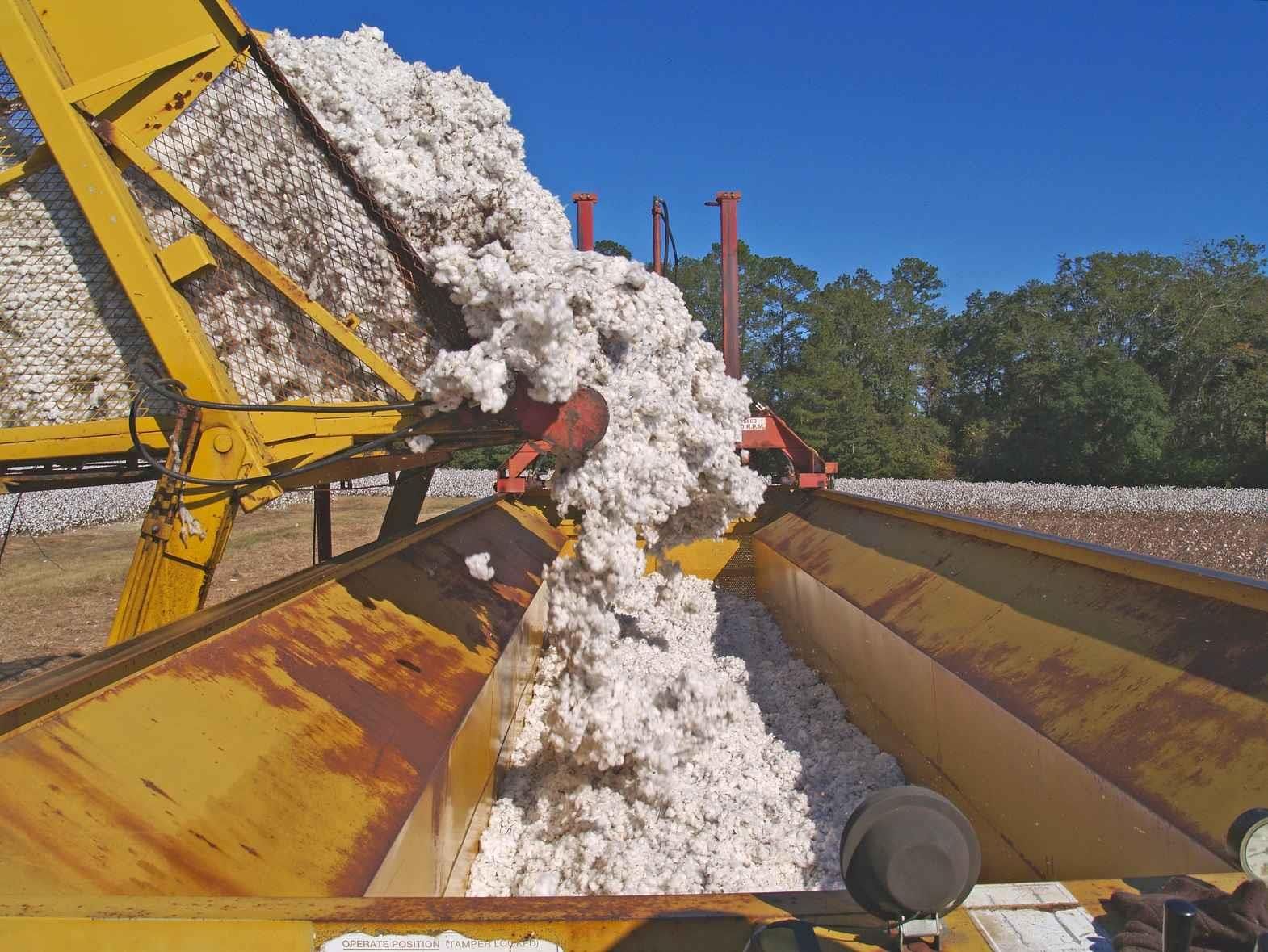Today, Georgia's local textile and apparel manufacturers have orders from renowned international names like Marks & Spencer, Per Una, Puma, Mexx, Zara, Lotto, Lebek, Hawes & Curtis, and others. These achievements have opened new avenues for the country's textile industry, and with this, the Georgian textile and apparel industry has already embarked on a successful itinerary.
Georgia has attracted investments from neighboring countries, including Turkey. Turkey is, in fact, one of the biggest investors in Georgian textiles, as Turkish firms consider Georgia as an export base that can provide access to the European Union market, the market of the Commonwealth of Independent States (CIS), and the United States of America. Georgia enjoys Generalized System of Preferences (GSP ) status with the European Union, allowing the country to export apparel and textile products to the EU market duty-free. The Free Trade Regime with CIS, including Russia and Turkey, also works in favor of Georgia.
Apart from this, the cost of production is extremely low in Georgia, with no regulations regarding minimum wage. According to the World Bank Doing Business Survey, the country has a perfect score in terms of hiring and firing manifestation. The United Kingdom, Germany, and Ukraine are the main importers of Georgian textiles and apparel. The policies of the Georgian government also offer several benefits to investors, such as land accessibility, on-site training for laborers, assistance in purchasing equipment under finance schemes, and many others.
Considering the political stability, sturdy legal framework, comparatively low corporate tax, good geographical position (Georgia has the shortest transport route from Europe to Azerbaijan, Armenia, Iran, and Central Asian countries), strong entrepreneurship, and availability of low-cost skilled laborers, Georgia is a much-liked destination for investing in textiles.
Early this year, Georgia textile units were involved in production of sportswear, reporting a rise in demand, following the football World Cup. The textile sector has benefitted with the event and has been successful in carving a niche for itself by completing the orders on time for brands like Nike and Puma.
The local manufacturing units have also shown openness to adapt to the changing times. It is the result of this approach that some Georgian enterprises are making textile products like jackets, suits and upper knitted garments for companies of Italy, Germany and Korea. The Georgian textile units have shown enthusiasm in establishing contacts with foreign units and investors to start joint venture investments and establish production contracts.
The fabric produced in Georgia includes natural as well as synthetic fibres. Silk and wool of Georgia are extremely popular worldwide. The strong production of wool and the tradition in silk manufacturing go in favour of the country. Nevertheless, there is still some scope of improving the opportunities for investment in woollen and silk units. The expansion of other sectors like telecommunications by integrating it with international telecommunication community and development of transportation, has also worked in support of the country's textile. The smooth communication and transportation ensure that the textile and apparel investors do not face any hiccups concerning business.
The perception regarding Georgia being a small country has changed and not only EU, but other developed nations like United States also have realised the vast potential of Georgia's textile sector. The country is becoming a major trade target now. Georgia has shown that it is completely open to Foreign Direct Investment in textile and apparel; and the country also recognises the technical standards of the EU and of other trading partners, which is going in favour of the overall growth of textile.
References:
1. East-invest.eu
2. Investingeorgia.org
3. Nationsencyclopedia.com
4. Textilemedia.com
5. Guam-organization.org








Comments